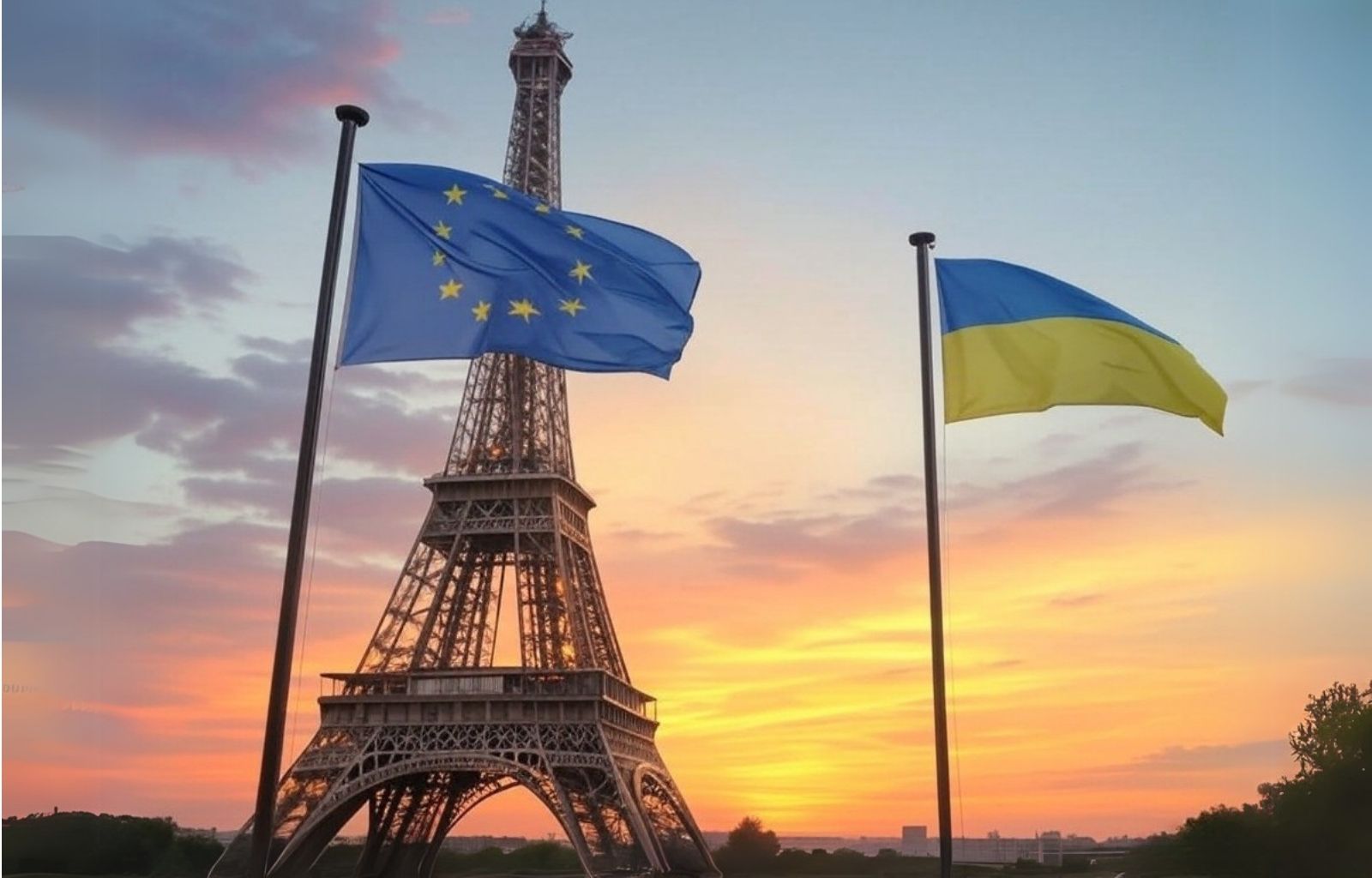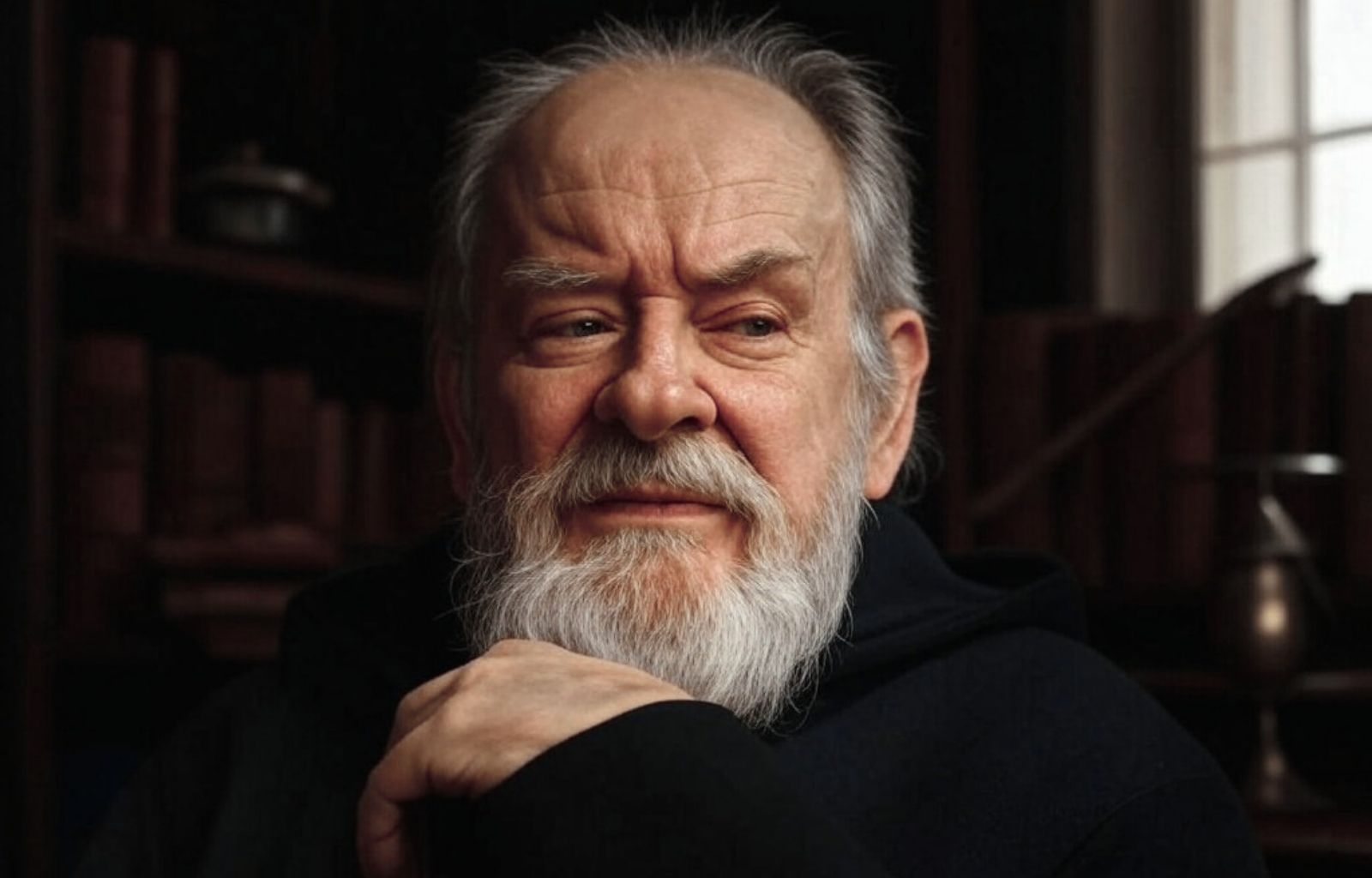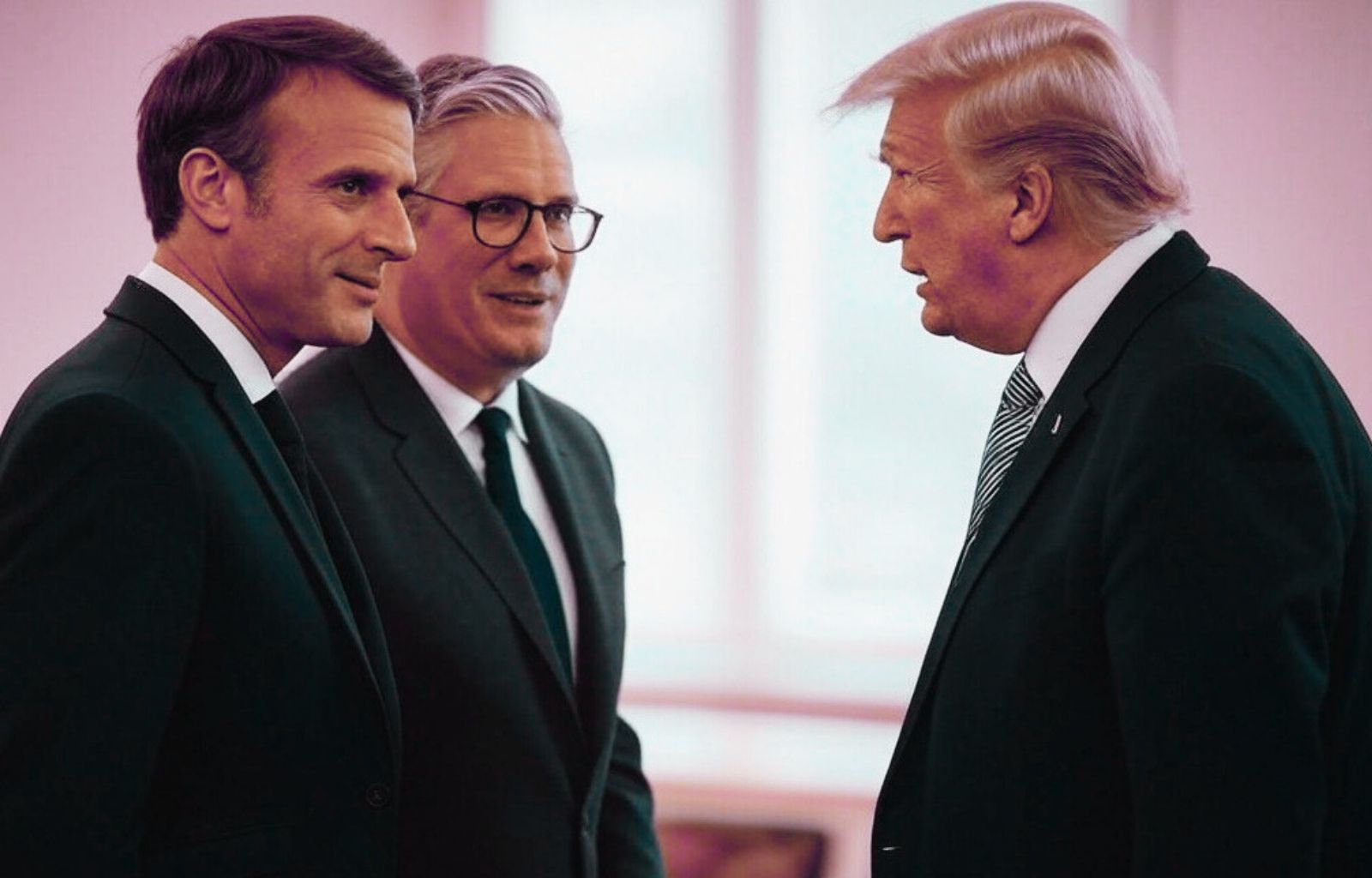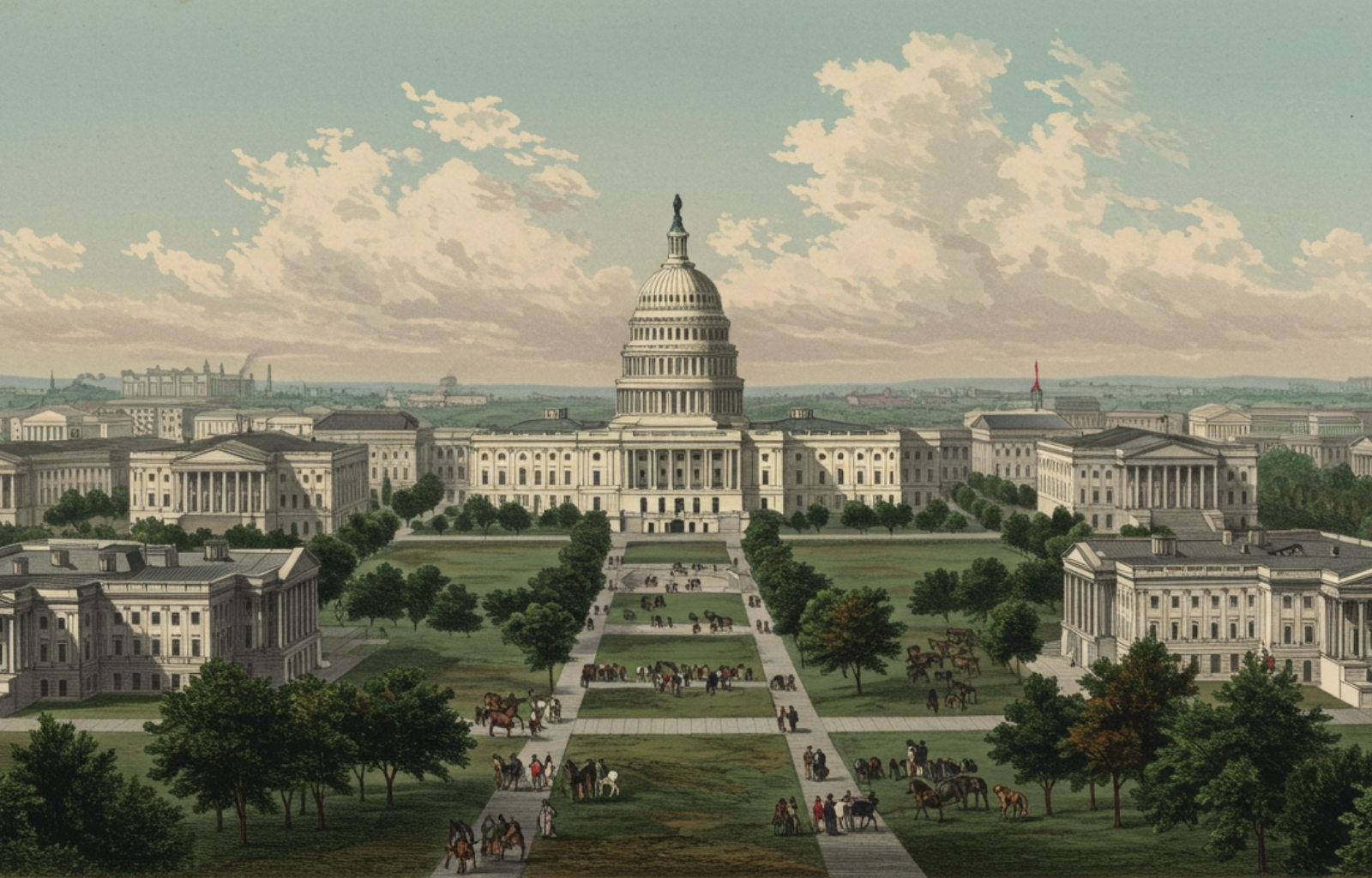The Europe we need, beyond the current EU, meets in Paris

Paris, 17 February 2025. As a select group of European countries and institutional representatives meet to discuss the Ukraine crisis and relations with Donald Trump’s United States, an episode from 20 years ago comes to mind: the fear of ‘Polish plumbers’ stirred up in France during the 2005 referendum. That image was one of the bogeymen that contributed to the rejection of the European Constitution, blocking a deeper integration process. Ironically, it is precisely Poland that sits today at the Paris summit as one of the countries most resolute in defending the stability of the Old Continent.
If the European Constitution had been approved then, perhaps today the European Union would be more ready, agile and rapid in facing geopolitical challenges. But history does not concede appeals and so today, at the summit called by the President of the French Republic, it is not the European Union that is meeting (except through its institutional representatives present at the meeting), but the Europe that serves, or rather the Europe that can: France, Germany, the United Kingdom, Italy, Spain, Poland, the Netherlands and Denmark, as well as the Secretary General of NATO Mark Rutte and precisely the President of the European Commission Ursula von der Leyen and the President of the European Council Antonio Costa.
The latter had been urged by several EU heads of government to convene an extraordinary EU Council summit, but after a quick round of consultations came to the conclusion that the move would be counterproductive, because it would offer an assist to Putin’s Viktor Orban and show the impotence of the EU institutional architecture to act effectively. The intergovernmental formula of Paris, with Emmanuel Macron’s commitment to keep representatives of the EU institutions inside, also seemed to Costa the most appropriate solution.
For Trump, the real rare land to exploit is the shattering of the EU trade bloc
The summit marks the beginning of an era, that of a Europe that has discovered (but we have known this for some time now) that it can no longer live in the shadow of American protection, that transatlantic shield that was the very prerequisite for the economic integration of the Old Continent after the tragedy of the Second World War.
The words of US Defence Secretary Pete Hegseth on Wednesday, JD Vance’s speech in Munich, and the announcement of previously secret and now public negotiations between Trump and Putin have made it clear that the US no longer intends to take charge of European security and, with the current Administration, even intends to take advantage of Europe’s political fragility to dismantle even the economic and trade bloc. In Ukraine, the Trump administration not only sees an opportunity to grab concessions for the exploitation of rare earths, but also to turn trade relations with Europe to its own advantage, in respect of which the existence of a ‘thing’ called the European Union now represents an irritating obstacle for Washington (as well as for Moscow, which has been for years forcing politicians and the media to do so).
In the face of this new reality, the very architecture of the EU, with its institutional constraints, slow decision-making and crossed vetoes, is proving unfit to respond to the crisis. This is nothing that we pro-Europeans have not known and denounced for years, at least since that French referendum decreed an abrupt halt to the integration process, leaving the newly created monetary union without a crucial political balance.
That is why, in Paris today, it is not the European Union that is meeting, but the Europe that counts and that can concretely enable this wonderful continent to protect its civilised space from multiple external aggression. Yet, there is still room for hope and optimism. Rebus sic stantibus, the Paris summit can be the beginning of a process. As happened in 1790 in America, when President Alexander Hamilton seized the opportunity of the debt crisis to transform a confederation of states into a true federal union, so today Europeans could use the transatlantic crisis to accelerate the creation of a European defence pillar, inside or outside the EU enclosure. The question is whether European leaders will have the courage to seize this Hamiltonian moment or whether they will allow themselves to be paralysed by internal divisions and violent blows from outside.
That there is a growing awareness is now evident. As the authors of the European Mattinale point out, Poland is the most emblematic example of the extent of the European shock. On Wednesday, Donald Tusk declared that ‘Ukraine, Europe and the United States must be completely united’. By Saturday, his position had already changed: ‘Europe urgently needs its own plan of action on Ukraine and our security’. A repositioning unthinkable until a few days ago.
The end of the Brexit illusion and German hesitation
If the fragmentation of the EU is a sign of weakness, Keir Starmer’s presence at the Paris table is instead a demonstration of pragmatism. After years of post-Brexit tensions, the UK finds itself cooperating closely with European governments. Not out of ideology, but out of necessity: London has realised that its security depends directly on the stability of continental Europe.
The British government’s announcement of its readiness to send troops to Ukraine to provide security in the event of a ceasefire shows how geopolitics has now overwhelmed sovereignist illusions of isolation.
The absence of a clear line from Germany is the main unknown of the summit. Berlin has the economic clout to make a difference, but has always hesitated to turn its influence into geopolitical leadership. Olaf Scholz is called upon to take a quantum leap: if Germany continues to remain mired in its doubts, the process of Europe’s strategic autonomy will unfold without it.
Avoiding a new 1938
Volodymyr Zelensky’s words at the Munich conference were a warning: Russia is preparing 150,000 soldiers in Belarus, ready to strike at the EU’s eastern flank. If Berlin is not ready to react now, when will it be? As in 1938, Europe is faced with the choice between resistance and surrender. ‘Munich never again’, Tusk declared. This is what is at stake in the Paris summit. If European leaders fail to define a clear strategy, Europe risks remaining a bystander in a negotiation between Trump and Putin that will redefine the global order without it. But if Paris will be the starting point for a new European security architecture, then we may indeed be facing our Hamiltonian moment. A Europe capable of defending itself is no longer a theoretical option. It is a necessity.
A European Army: from utopia to necessity
The Paris summit could therefore be the starting point for a historic step: the creation of a common European defence force. Until now, the idea of a European army has remained confined to political declarations and limited cooperation projects. But with the withdrawal of the United States, Europe can no longer afford to delay.
The EU already has financial instruments that could be mobilised quickly. The European Stability Mechanism, created for the debt crisis, could be readapted to provide emergency funding for defence. Ursula von der Leyen announced that the rules of the Stability Pact would be suspended to allow investment in security, as was the case during the pandemic.
But funding is not enough. A clear political will is needed. And here, the central question is whether European states are ready to commit themselves directly on the ground. Macron is pushing for troops to be sent to Ukraine, Starmer has already said he is willing, but Germany and Italy remain more cautious.
Towards a new European industrial and energy policy
In addition to the military dimension, the crisis has made clear the need for a rearrangement of economic relations. As we said, the trade war that the Trump administration has started against Europe will not be limited to Ukraine. The ‘de-risking’ designed for China may also have to be applied to the US.
Strengthening the European defence industry therefore becomes a priority. The Commission announced a White Paper in March to outline the industrial and technological strategies needed to ensure strategic self-sufficiency. But this effort cannot be limited to the European institutions: national governments will also have to align their policies with this objective, adopting consistent measures to strengthen the continent’s production capacity and competitiveness.
A stronger Europe militarily must also be a stronger Europe economically. Growth and industrial innovation are the real levers for reducing dependence on strategic imports and making the continent a centre of technological excellence. In this context, energy security is not only a matter of geopolitical resilience, but a prerequisite for economic development. The war in Ukraine has shown how volatile energy markets can impact the competitiveness of companies and the stability of European production systems.
Germany and Italy continue to pay the price for giving up nuclear power, a choice that now appears to be a ballast for industrial growth. Berlin, having shut down its last power stations in 2023, has had to compensate with expensive imports, while Rome remains held back by a referendum that has blocked the development of atomic energy, leaving the country dependent on less stable and more expensive sources. If Europe wants to accelerate its economic growth and support the industry of the future, it cannot afford to exclude nuclear power from its energy strategy.
Paris can be our Philadelphia, or a second Waterloo
In the end, history will not wait: either Europe will know how to respond to this crisis with a true political and military union, or it will let others decide the fate of our continent. Poland, Germany, France, Italy, the United Kingdom, all the protagonists of the complex European story are today called upon to write the next chapter of a tale that could mark the end of the illusion of living in the shadows of others. Paris, in this sense, could be remembered as our Philadelphia: if we have the courage to launch a common defence and a new political pact, then Europe will finally be able to become an adult and make that qualitative leap that the unfinished European Constitution had dreamed of. If not, if special interests prevail over common ambitions, Paris will be a Waterloo.











